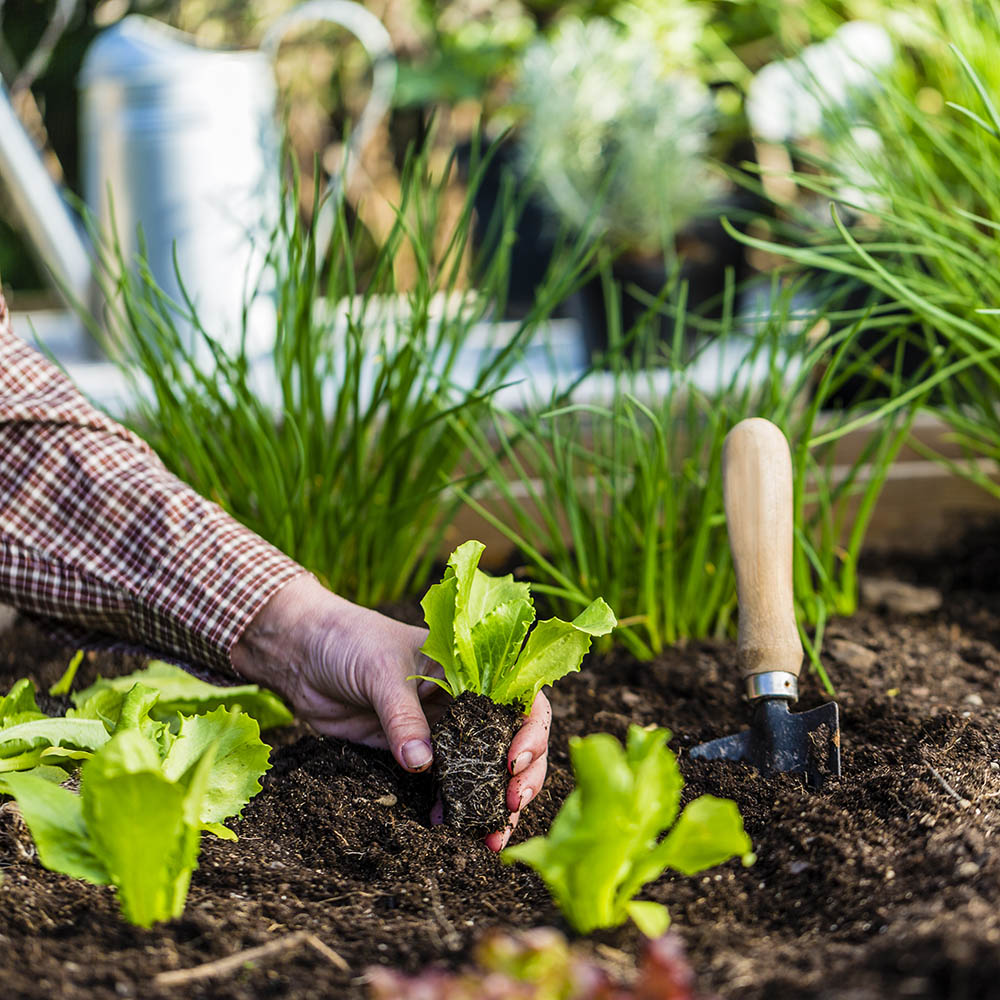Digging In: The Important Master Gardening Tools for Beginners
Wiki Article
Growing Green Thumbs: a Beginner's Journey Into the World of Gardening
Are you eager to obtain your hands dirty and start growing your very own yard? You'll find out concerning selecting the right plants, recognizing dirt and garden compost, and necessary gardening tools. We'll also teach you watering and feeding strategies and how to deal with usual yard insects. gardening kit for beginners.Selecting the Right Plants
You require to assess your horticulture room and figure out the number of plants that will certainly fit easily. Action the dimensions of your yard beds or pots and compute the readily available space. Think about the mature size of the plants you intend to expand.When you have a clear concept of your horticulture space, it's time to select the appropriate plants. Think of what you take pleasure in consuming or what blossoms you locate most attractive. Take into consideration the environment and sunlight conditions in your area. Particular plants thrive completely sun, while others choose partial shade. Keep in mind of any kind of microclimates in your garden, such as areas that get a lot more or much less sunshine than the remainder. This will certainly aid you select plants that are suited to your particular conditions.
If you're brand-new to horticulture, opt for plants that are easy to expand and call for marginal upkeep. Select plants that have a shorter maturation duration if you live in a region with a much shorter expanding period.
Comprehending Dirt and Garden Compost
Dirt is the structure of your yard, offering nutrients, water retention, and support for your plants. It is important to have a good understanding of your soil type, whether it is sandy, clayey, or loamy, as this will figure out the types of plants that will thrive in your yard. Bear in mind, a abundant and healthy soil is the key to an effective yard, so take the time to recognize your dirt and integrate compost to ensure your plants prosper.
Necessary Horticulture Tools
Now that you comprehend the relevance of soil and garden compost, allow's check out the essential horticulture tools you'll need to cultivate your green sanctuary. Among the a lot of fundamental devices you'll need is a yard trowel. This tiny portable tool is ideal for excavating tiny openings, transplanting plants, and scooping soil. Another necessary tool is a yard fork. This tough device is used for loosening up soil, damaging up clumps, and transforming garden compost. An excellent set of gardening handwear covers is a must-have to shield your hands from thorns, irritable plants, and dirt. Seek gloves that are resilient, breathable, and provide a good grasp. A yard pipe or watering can is vital for maintaining your plants moisturized. Choose a hose with a spray nozzle that permits you to readjust the water circulation and stress. A strong set of pruning shears or secateurs is necessary for cutting and shaping your plants. Try to find shears with a sharp blade and comfy manages. Lastly, a yard rake is useful for leveling dirt, removing particles, and spreading home gardening for beginners mulch. With these necessary devices in your horticulture collection, you'll be well-equipped to produce and keep your eco-friendly oasis.Watering and Feeding Techniques

Managing Common Yard Vermin
As a beginner garden enthusiast, you may encounter usual garden parasites that can ruin your plants. These pests can vary from insects like aphids, beetles, and caterpillars, to little pets like bunnies and squirrels. It's vital to be able to deal and recognize with these parasites properly in order to protect your plants and ensure an effective yard.One of the very first steps in managing garden parasites is to routinely evaluate your plants for any indicators of invasion. Seek chewed fallen leaves, holes in the foliage, or the presence of tiny bugs. It's crucial to take action quickly to stop them from spreading and creating more damages. if you detect any insects.
There are a number of approaches you can utilize to regulate yard bugs. One alternative is to utilize all-natural killers, such as ladybugs or hoping mantises, to assist manage the population of parasites. You can likewise utilize physical obstacles, such as fences or netting, to keep larger pets like bunnies out of your yard. In addition, there are natural pest control sprays readily available that can assist discourage and remove common yard parasites.
Bear in mind, prevention is crucial when it involves taking care of garden pests. Keeping your yard complimentary and clean of debris can assist decrease the probability of a problem. Consistently eliminating weeds and dead plants can also help get rid of hiding locations for parasites.
:max_bytes(150000):strip_icc()/vegetable-gardening-in-small-spaces-1403451-01-aa94b9199ba145079de2417b219c89b4.jpg)
Conclusion
Congratulations on completing your newbie's trip into the globe of gardening! By choosing the right plants, understanding dirt and garden compost, utilizing essential horticulture tools, and mastering watering and feeding strategies, you have actually established on your own up for success. Don't fail to remember to remain watchful in handling typical garden parasites to ensure your plants grow. With your newfound understanding and eco-friendly thumbs, your yard will certainly thrive and bring you limitless pleasure and appeal (home gardening for beginners). Delighted gardening!Soil is the foundation of your yard, supplying nutrients, water retention, and support for your plants. It is important to have a good understanding of your dirt type, whether it is sandy, clayey, or loamy, as this will determine the kinds of plants that will prosper in your garden. Keep in mind, a fertile and healthy and balanced soil is the vital to a successful yard, so take the time to recognize your dirt and incorporate compost to ensure your plants prosper.
As a novice garden enthusiast, you may encounter usual yard parasites that can wreak chaos on your plants. It's essential to be able to deal and identify with these insects successfully in order to secure your plants and ensure an effective yard.
Report this wiki page